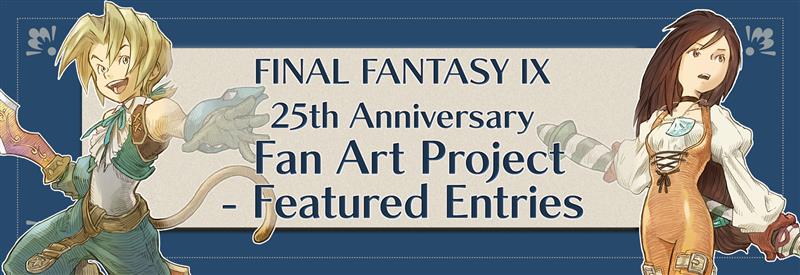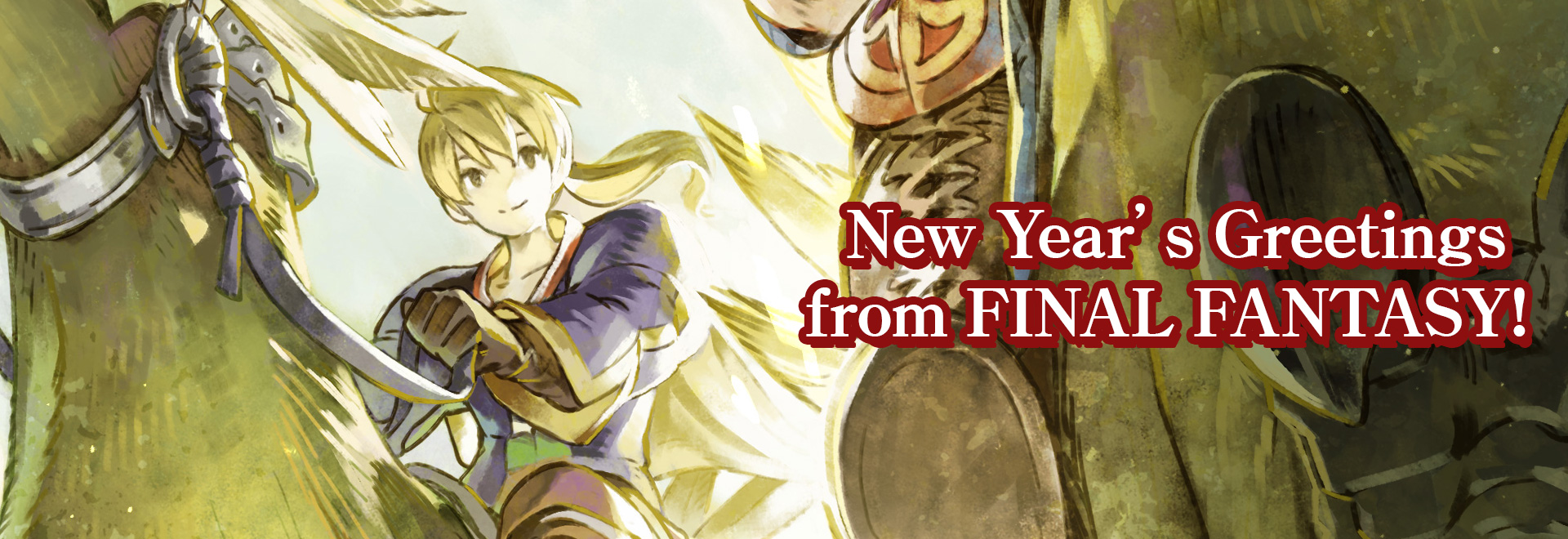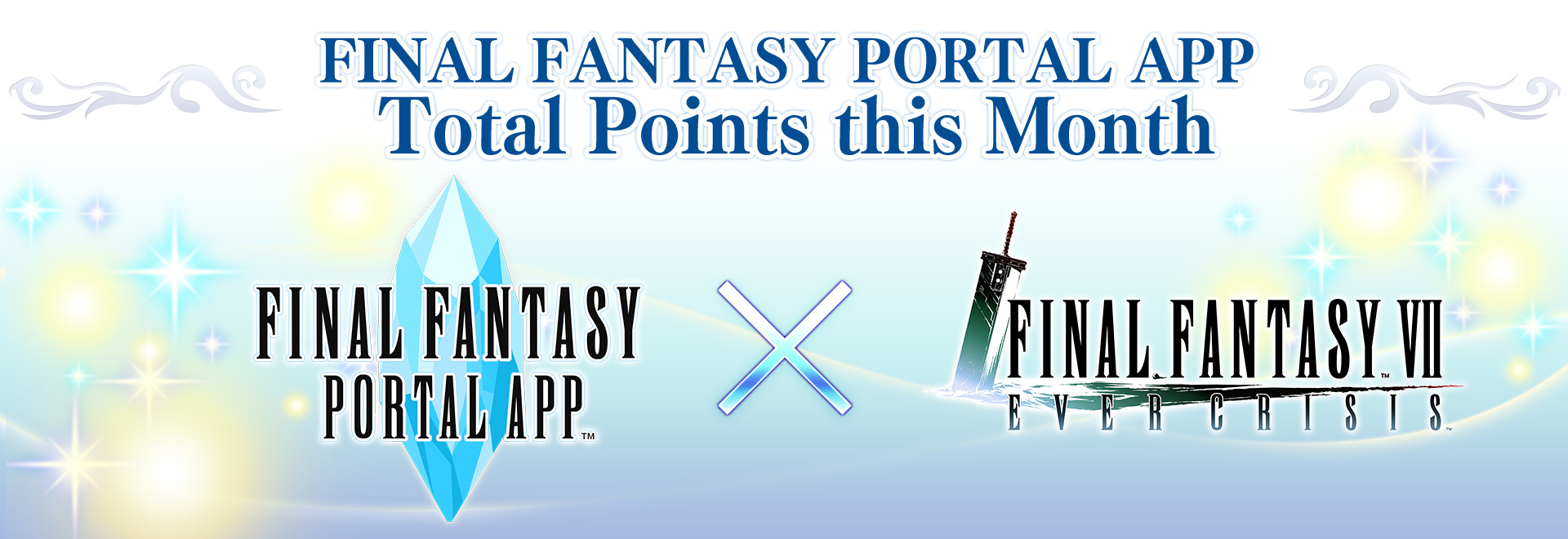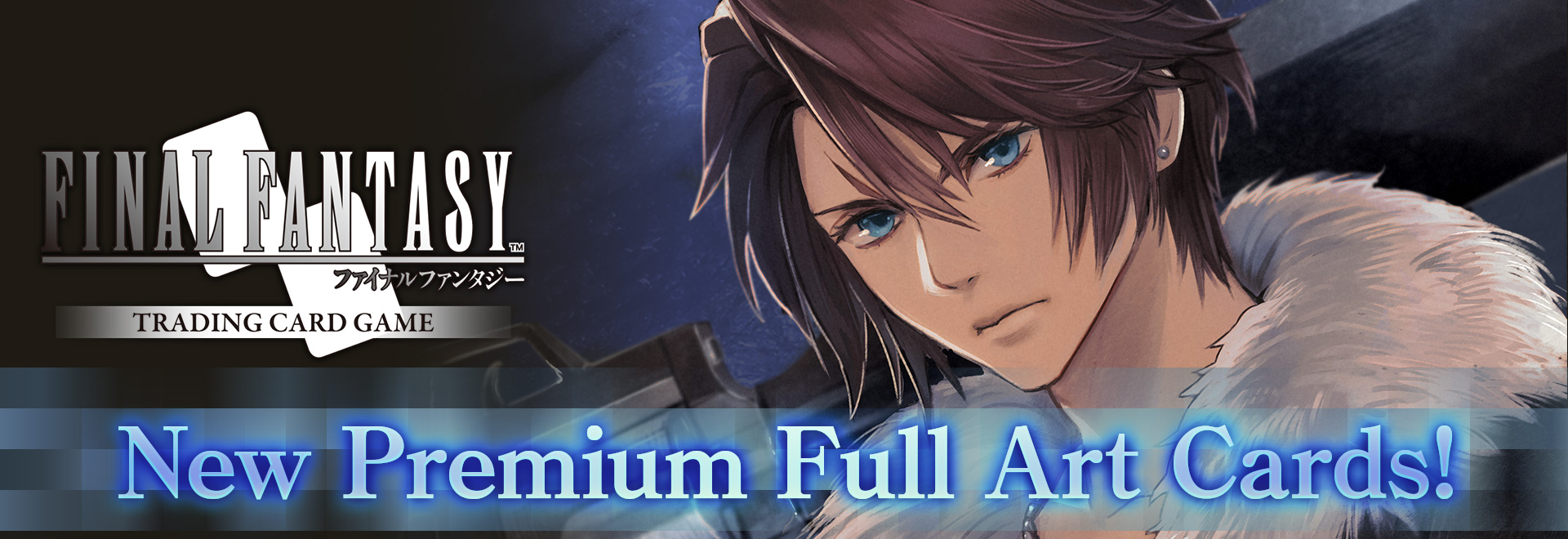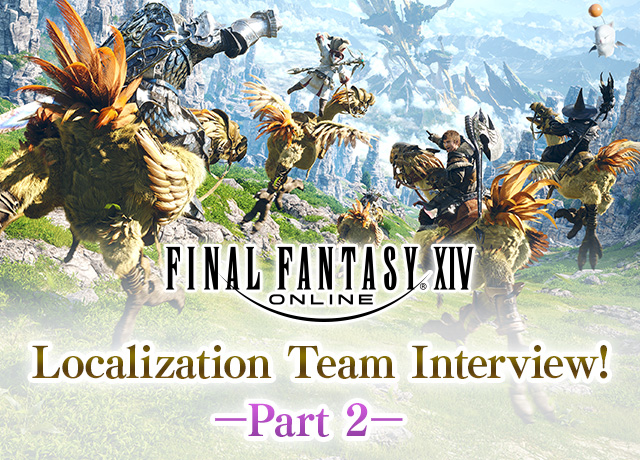
In the continuation of our FINAL FANTASY XIV localization team interview, we inquire into more detailed aspects of FFXIV’s world and characters, the challenges presented in localizing unique cultural nuances, and more! If you missed part 1 of this interview where we got more general insight into FFXIV’s localization, including things such as how the team is structured, you can read that here.
Interviewees:
- Kathryn Cwynar (Lore Consultation & English Translator)
- Pierre Pasquier (French Translator)
- David Fehrmann (German Translator)
- Maki Shiota (Localization Project Manager)
●While most RPGs have many NPCs with any number of lines, a world the size of FFXIV’s entails a massive number of NPCs to match. Are there any methods or tools the localization team uses to keep track of and organize all that dialogue?
Kate (Lore, English):
Our translation tool does allow us to search by character, thankfully, but a lot of the consistency in characterization comes down to old-fashioned human work. Usually when we’re writing a character, we search them up and read a bunch of their old text to remember how their speech “sounds.” If it’s a character we’re not particularly familiar with, we’ll get one of the translators who has done a significant amount of work with that character in the past to check our translations and point out any elements we might be missing.
●Do you have any favorite characters, either from a translation perspective or just personal preference?
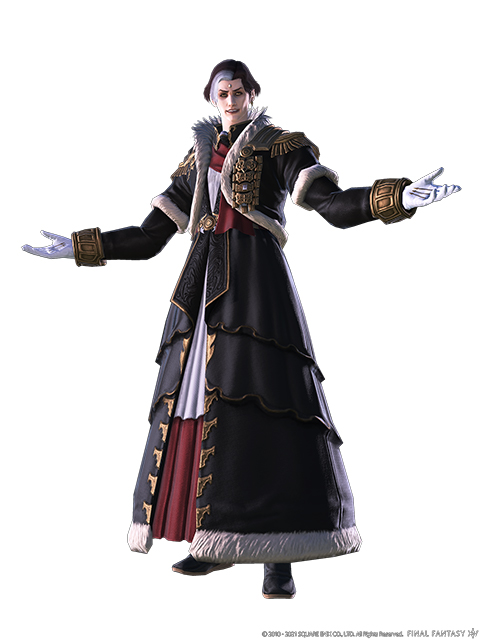
Pierre (French):
From a translation perspective, I like characters with, not necessarily a lot, but a strong personality, like Magnai, Asahi, or Emet-Selch. We have to write a lot of exposition in a game, because the point is to share all those tidbits of lore and story with the players. Having a character with a particular way of addressing you makes listening to him or her less tedious.
Personally now, I think my favorite is Emet-Selch, because in all his Ascian-ness, he was the most human character of all. I also like characters that have gone through a complete story arc and matured/evolved because of that experience, like Alphinaud or Fordola.
David (German):
Apart from the brilliant Emet-Selch with all his human flaws, I have become very fond of Elidibus. Both text-wise as well as of the voice actor, who filled the role with so much power and emotion. A very powerful villain to our heroes, while outwardly deadly determined to fulfill his duty to his people, who is in truth torn by an inner conflict.
Kate (Lore, English):
Loving a character definitely makes them more fun to translate! And like everyone else, I adore Emet-Selch. I only did a bit of his dialogue in the 5.0 main scenario, but I was fortunate enough to translate the short story “Ere Our Curtain Falls,” and he really is a delight.
I also like characters that are a little bit ridiculous, which puts Giott up near the top of my list. Gyoshin and Seigetsu the Enlightened from the Namazu crafting quests are personal favorites too, though if I’ve done my job right, they’re more than a “little bit” ridiculous.
●On the topic of NPCs, the characters of FFXIV also speak a variety of dialects. In the Japanese text there are many tones of voice, sentence-ending suffixes and so on that don’t easily translate into other languages. How does the localization team go about deciding which vernaculars are used by whom in the world of Eorzea? We’d love to hear any specific examples you could share!
Kate (English):
This being a fantasy game actually makes dealing with dialects easier, as we only need to worry about the real-world cultural baggage that comes with certain dialects insofar as it’s actually serving a purpose, so we can look at each character’s manner of speaking holistically. What we do in English is examine what the character’s Japanese speech indicates─where they’re from, what archetype they fall into, that sort of thing─and then consider how a person of similar background and personality would speak in English. Do they use a lot of fancy words (“verily”), or more simple ones (“right”)? Do they speak in contractions or truncate their words a lot? Do they have any mannerisms or words they like to use, either from their culture or because of their personality? Are they hesitant? Direct? Long-winded?
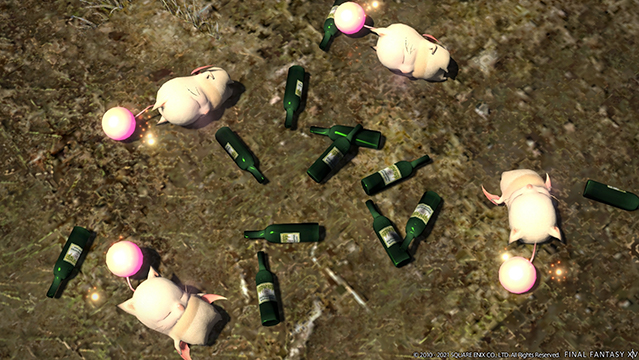
As for the ever-present ending suffixes, when a single character has a verbal tic like that it usually indicates some sort of archetype, so we approach it using the method outlined above. Beast tribes are a bit more complicated, because they pretty much always get one for the whole tribe. Some translations approach this by just transliterating the Japanese─which works, but only to an extent. It’s cute when moogles say “kupo,” right? But a lot of these endings are fundamentally indistinguishable in English─they mostly just read as two random syllables─so in effect, if all the beast tribes did that, they would all have the same speech pattern. That would be outright annoying with as many tribes as we have in FFXIV, and it wouldn’t make each tribe distinct like it does in the Japanese.
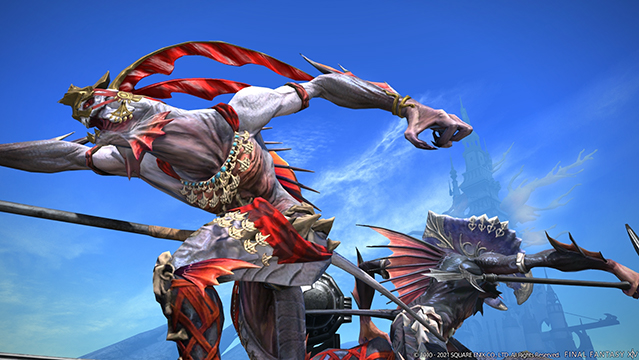
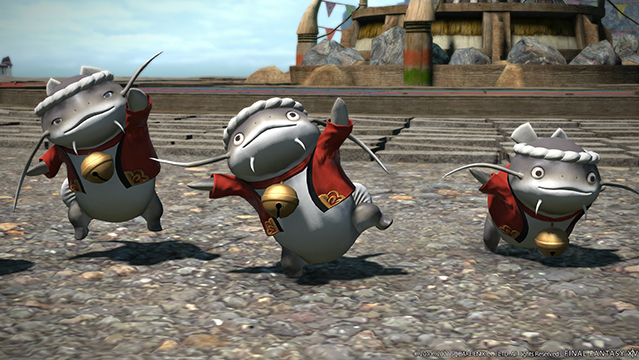
What we do instead, then, is look at what effect the Japanese pattern is having on the way the sentence sounds. All of the Sahagin’s sentences start with a sort of “psh” sound, for example, which is why in English you get “Shhhorewalker” and such, with the elongation of “sh” sounds. The Namazu have a habit of adding “pe” into their sentences, so we looked at how the popping “p” makes their speech feel choppy and excitable, and went for the abrupt and enthusiastic “Yes, yes!” and “No, no!” in English. A big consideration when deciding what to do with these nowadays is readability, so we try to keep it simple.
David (German):
Rather than dialects, we focus on tone of voice instead. While not an exact emulation of the Japanese original, we match a character’s voice to aspects such as their physique, societal standing, which culture they hail from, and so on, and try to come up with a fitting speech pattern.
Speaking of dwarves...the dwarves that were introduced with Shadowbringers serve as a good example of this practice. They have a specific way to greet others (“Holladrio!”) or use specific terms to distinguish outsiders (“Bartlose” – people without dwarven “beards”). Their culture is about mining and engineering, they relish a good feast, men and women wear false beards and fancy helmets. They love to ridicule their rival tribes, but they are never vicious or nasty, but light hearted and positive by nature. All these things you will find reflected in the way they express themselves.
Pierre (French):
A lot of FFXIV races mirror those of FFXI, so we reused the same speech pattern for those. For the new ones, we take inspiration from the Japanese of course, but also from the characters themselves and the image we have of them. Since XIV is voiced, however, we have to be careful and sometimes even adapt. For instance, the rolling “r” sound of the Miqo’te (specific to the French version) has proved to be challenging for actors to pronounce, so we sometimes dial it back.
●Many times a concept that makes total sense in one culture is near incomprehensible outside of its native country and language. Can you give some insight into and/or examples of how the localization team approaches content like that? We would very much appreciate if you could include any interesting examples you might have!
Kate (Lore, English):
The good thing about translating fiction is that stories can be told in a variety of ways, which allows us to be pretty flexible in our approach. Much as with our characterization example above, what we look at with culturally specific elements is their place in the narrative and the purpose they serve. A scene I translated recently, for example, included a fairly common Japanese trope: one character hesitantly asking the other if they could drop the slightly formal “-san” suffix when calling them by their name. We don’t use Japanese name suffixes in the English version of FFXIV at all─they don’t convey the same interpersonal nuances to those not familiar with Japanese culture, and there are plenty of suitable ways to express the relationships between characters in English.
To keep a long story short and spoiler-free, what this scene is actually doing is demonstrating this character’s desire to form a friendship. This friendship echoes an important goal-related partnership the character used to have, so much like the Japanese is having the character ask to be friends in a roundabout way, they express their desire for the same sort of close partnership in English by asking if it’s okay to think of the other person’s goal as their own, too.
If Japanese “flavor” is significant, as in the country of Hingashi, we will sometimes take the easier approach of transliterating the Japanese word. If you don’t know what a mikoshi or a happi is, for instance, you can look that up on the internet and find some pictures of Japanese festivals that will make the Namazu’s own festival efforts seem even more entertaining. If you don’t, they still have that “oooh, Japanese culture” ring to them, and the in-game context makes clear what they mean. The last part is key─using transliterated Japanese is a much less fraught decision than it would have been 20 years ago, especially given that everyone playing FFXIV has internet access by default, but we still take into consideration whether it’s going to confuse people or hide a meaning the Japanese scenario meant to get across.
Pierre (French):
That’s the core of the localization work. When it comes to the text, I don’t think there are concepts that are so foreign that they can’t be explained naturally given enough space.
Now when it comes to graphics, it’s something else. For instance, we recently had this scene where you see drunk dwarves. In the original version, their eyes looked like the number 3, which for Japanese people indicates they are dizzy. Since players might not get this reference, we suggested to the development team to use spirals.
●Related to what you said about carrying over Japanese terms such as happi directly into English, there are also cases like, for example, the skill pronounced the same as the English “Invincible” in Japanese being translated as “Hallowed Ground”. What is the reasoning behind changing words and titles that are already in English into different English? Also, are there any similar examples in other language’s localizations?
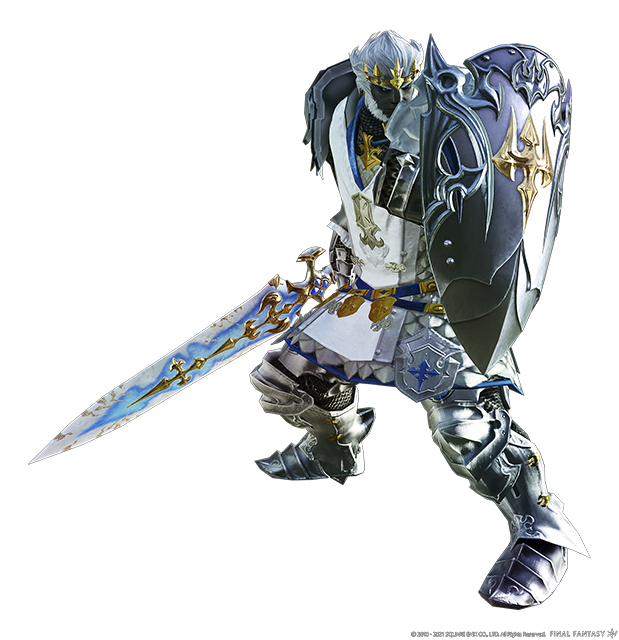
Kate (Lore, English):
Regarding why the English that appears in the Japanese version and the localized English is sometimes different, there are a couple of reasons. One is that the fundamental localization philosophy of FFXIV─as established by Yoshida-san─is that all languages should offer an equivalent experience to the players. If something makes the Japanese audience go “Cool!” it should not make the English audience go “Okay, I guess.”
Words in foreign languages sound pretty cool! They just do. When anime was taking off in the U.S., people would say kawaii and neko even though we of course already have the words “cute” and “cat.” But when you start taking those words and putting them back in the original language, they often sound more boring than anything. That’s not going to give us the equivalent player experience we’re looking for, so we indeed do deviate from the Japanese for this reason, sometimes.
Another thing that people may not consider, though, is that in some cases we come up with the English names for things first. Coolness problem solved! But the name might still be difficult for Japanese players to understand, or look like a keysmash when transliterated into katakana. So there are cases when the Japanese side is like, “cool English, be a shame if something...happened to it,” just as we do at times when localizing Japanese terms.
We do try to avoid the scenario of totally different English in different versions of FFXIV to the extent that we can by discussing names in advance. The Japanese side is quite accommodating and happy to work with our suggestions, and we really do our best not to make more work than is absolutely necessary, but sometimes it’s simply not possible to find something that will be clear to Japanese players and sound exciting to English players as well.
Pierre (French):
There aren’t many skills with a French name in the game. But one instance where we had to use another name even though the original was in French was for the resource used by dancers, the “Esprit”. That’s a word we were already using for the “Mind” attribute, so we needed to come up with something else to avoid confusion (we ended up using “Fascination”).
A more common issue for us, though, is that Japanese can draw from any language to create names by transcribing them. We need to make sure each skill’s name is unique. But what do you do when the same name shows up twice in Japanese, for instance once in regular Japanese and once as a transcribed English name? In that case, we use a synonym or a name that conveys the same idea. However, Japanese uses synonyms too, and since it can draw from several languages, we are running out of them much faster!
●What about lines you’ve personally translated? Do you have any you’re particularly fond of or remember being especially challenging?
Pierre (French):
It’s not one of mine and we only used it a couple of times in the game, but there’s one swear that comes to mind: “Bons Dieux de bon sang de bordel de bombo en bois !” I like this one!
It's hard to explain the details for non-French speakers, but it is simply a swearword in the world of FFXIV, and contains "the Twelve" and well-known monster name, "bomb". It’s definitely one of my favorite dialogs for French.
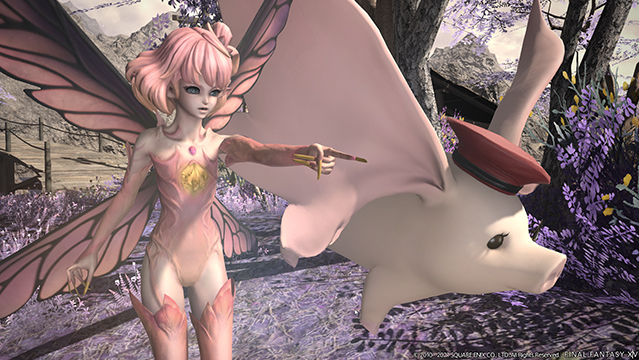
Now for challenging, I would say the pixies’ speech pattern. One lore point is that those creatures are agender. We used a male/neutral agreement for the Sylphs back in 2.0, but for the pixies we wanted to try something different. Since this gender-neutrality is never mentioned in the main story, we didn’t want to use special words that would warrant a reaction of surprise from the human characters. And so we thought “What if they never use gender-specific words to refer to themselves? That way, they have this speech characteristic without influencing the flow of the story.” We ended up going with this, but soon realized it could sometimes be very hard, even when using a lot of grammatical tricks and epicene words.
Kate (Lore, English):
While I don’t regret asking if we could remove them from the gender binary, as it was about time that we established that precedent somewhere (it’s a surprise tool that will help us later!), seeing the challenges that presented for other languages has really been eye-opening. I am extremely thankful that our localization colleagues and the event team (members in charge of world lore creation and story) were willing to work with us there.
Personally, my favorite translations are the ones where I feel a strong attachment to the story and characters, and end up with an English version that I’m confident has the same emotional resonance as the Japanese. One of my favorite sections in that respect is the healer role quests in 5.0.
Though I can’t quote the lines in specific (spoilers!), there’s a scene toward the end of that questline that I found very moving, but is written to emphasize a turn of phrase that sounds beautiful and elegiac in Japanese, and...clunky and emotionless when rendered directly into English. I spent quite some time laboring over that one, and I’m pretty proud of how I eventually captured the meaning and emotion of the scene. And players have responded well to those quests too, which makes me extra happy.
●Something else we find interesting is how things like patch names are often not direct translations, but rather tend to be translated in ways that vary significantly from the original Japanese. We especially like the English word choice for Patch 3.1 “As Goes Light, So Goes Darkness”, of which the original Japanese (光と闇の境界) has a meaning closer to “The Boundary Between Darkness and Light”. How does the localization team go about deciding those kind of translations? Do localizations outside of English also follow similar methods, for example choosing translations that better evoke the story of a patch for the target culture?
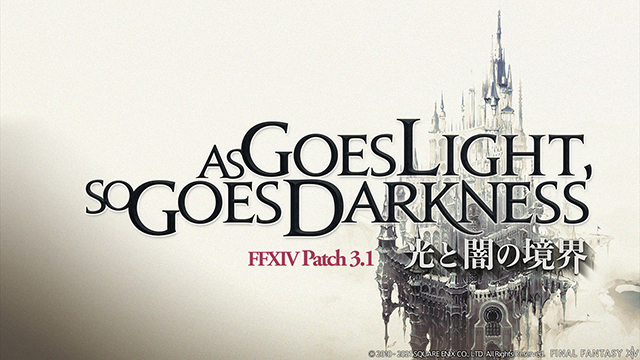
Kate (Lore, English):
You may be surprised to learn that the English and Japanese titles are decided at the same time! Each patch, the main scenario writer will send a brief summary of what happens with the story and characters along with their ideas for Japanese titles to the English localization team. We then reply with our English suggestions (created through the power of brainstorming terrible ideas until eventually a good one falls out), which utilize the same themes and/or keywords as the Japanese. These can be close translations of the Japanese, but they aren’t necessarily, so we add explanations of what each suggestion is meant to convey and literal Japanese back-translations as needed. Then Yoshida-san takes a look, and there’s further discussion and brainstorming in one or both languages until we have a pair of titles for Japanese and English that look good to everyone. It’s a different localization process than I think people expect or are used to, but we don’t want to present the audience with something they can’t get excited about.
Pierre (French):
Patches and expansions only have names in Japanese and English. The only time a patch name appears translated into French is once in the related special site and once as a quest name in the main story of that patch. And in that case, we try to not stray too far away from the English, so that people understand the reference.
●The localization team is also responsible for conveying the words of FFXIV’s creators such as Yoshida-san to fans outside Japan, at events and otherwise. Is there any unique approach you take to that kind of translation?
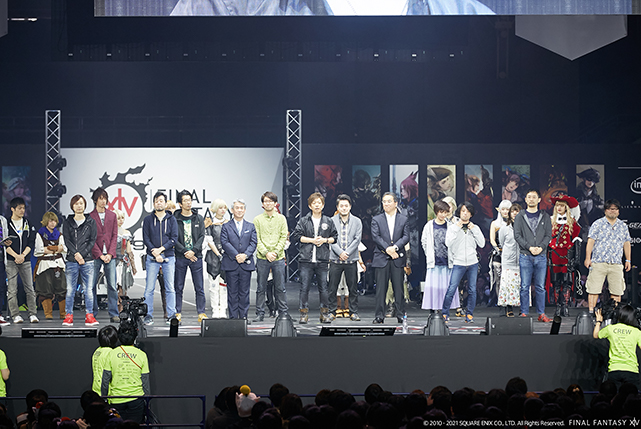
David (German):
As opposed to in-game translation, we go to great lengths to stick as closely to the Japanese as possible. The Letters from the Producer are phrased very carefully and edited many times so that the right message is being conveyed and we are trying to stick very closely to the source text.
Pierre (French):
It’s very important to convey not only what they precisely mean, but also their sentiments, and to understand the state of mind of the people who will read those words. This is something we always do, even in the game of course, but we have to be especially aware of this when we translate texts from people working on the game and addressing the players.
Kate (Lore, English):
Yes, I think something that often gets overlooked in translation of this sort of communique─primarily because people are scared to death of being accused of mistranslating the words of important people─is the tone of the message and the fact that the creator is a...well, human person? So we make sure to get across not just what the creators are saying, but Yoshida-san’s coolness and professionalism, and Soken-san’s casual attitude and off-hand expertise in all things musical, and the like.
●Lastly, could you please let us hear any words you have for the fans?
Pierre (French)
We’d like to thank all of you. Some of you just discovered FFXIV, some of you have been playing since 1.0 or maybe even since FFXI. FFXIV wouldn’t have grown to become such a massive and rich world without your support!
By the way, if you have any suggestions or anything to say about the French version, please use the feedback section of the forum. We might not be able to answer very quickly but we read every message posted there and take your opinions into account!
Lastly, did you know the Lodestone has a lot of short stories that expand on the FFXIV lore? I’ve found that it’s often overlooked, so be sure to check them out if you’d like to know more about the game story!
David (German):
I would like to extend my praises and thanks to the community on taking interest in the localization and going at lengths to report localization bugs in our official forums. This is greatly appreciated and I can assure our fans that we are watching the threads and fixing as many as we can. Our replies can sometimes take a while, depending on the stage of the development cycle, but we try to answer all of them eventually. THANK YOU!
Kate (Lore, English):
What they said! I can also tell you that we definitely check the FFXIV subreddit and even see stuff on Twitter sometimes, so if you’ve ever posted about a line you thought was funny or anything like that, you probably made our day. Having so many people interested in the story, lore, and even the localization itself really makes us feel our work is appreciated, and we’re so glad that you love FFXIV as much as we do. Thank you so much, and see you in-game!
Maki (LPM):
We truly appreciate all of our players─for playing FFXIV, and for being so supportive of the localization team.
You may or may not know where the language settings in the game are offhand, but I suggest that you try them out sometime to play through a voiced cutscene or battle in a language you’ve never tried before. It’s super easy to change the audio from the Configuration menu, so you can even keep the text from your own language and switch to different voiceovers for a day. Japanese day, English day, French day, German day...make your own little holidays! Each language version is still the same FFXIV you know and love, but you’ll find it interesting how that world comes alive when different cultural and linguistic expectations are at play.
I plan to continue doing my utmost with all of the strategies at my disposal to support our dedicated translators in delivering their best work, so I hope that you’ll keep playing and come along for the journey─to wherever FFXIV leads!
Thanks so much to the FFXIV localization team for taking the time to answer our questions!
With over 20 million total registered players and a new expansion on the way, there has never been a better time for newcomers to begin their adventures in the critically acclaimed FINAL FANTASY XIV Online saga. The recently expanded Free Trial now includes all content from A Realm Reborn and the Heavensward™ expansion (and updates through Patch 3.56), as well as an additional playable race (Au Ra), and three additional playable jobs (Dark Knight, Astrologian, and Machinist). Free Trial players can enjoy hundreds of hours of award-winning gameplay and story experiences equivalent to two full FINAL FANTASY titles, without limit on playtime.


